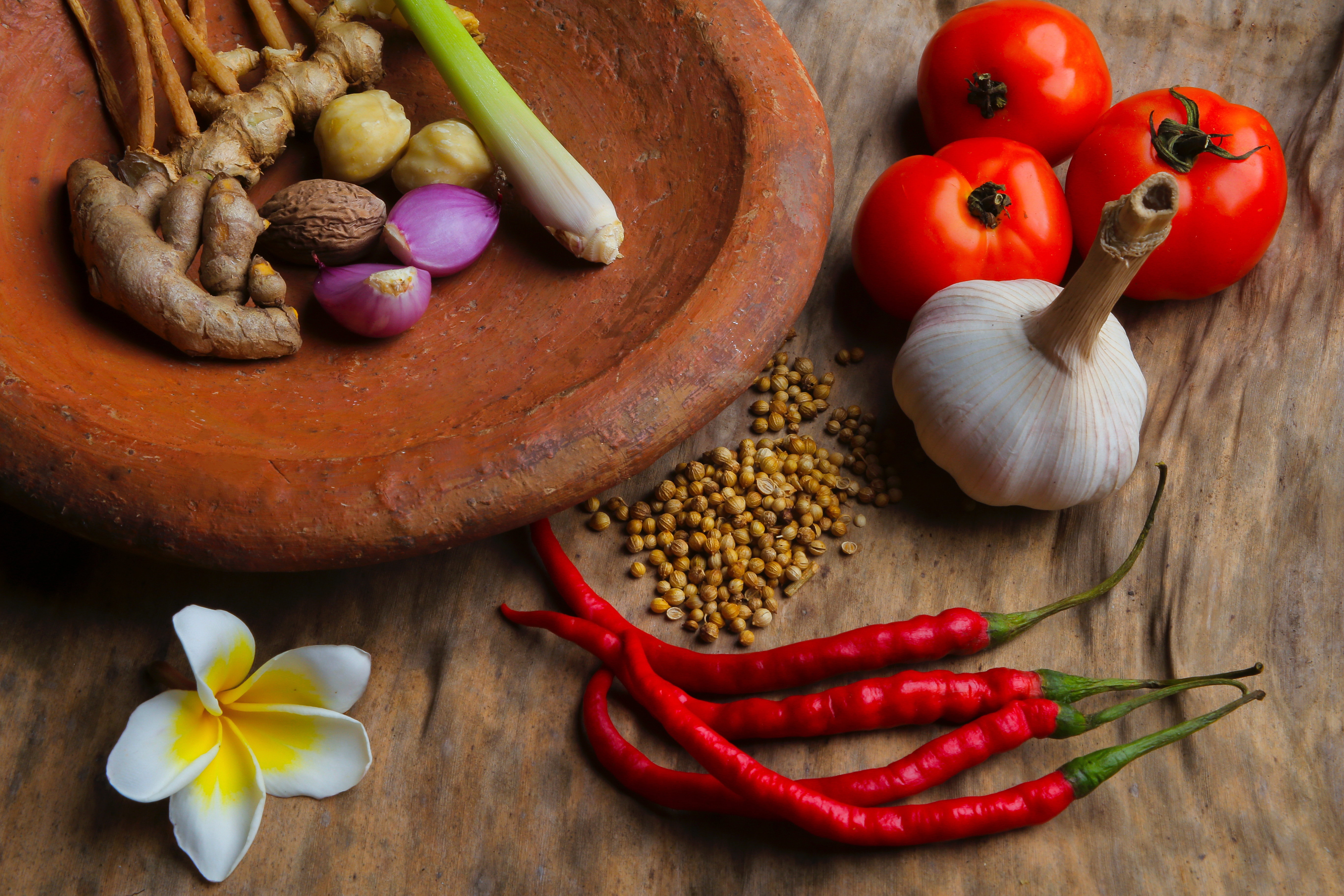Food waste is both unnecessary and devastating. When many people around the world are forced to go hungry, we absolutely have a responsibility when we purchase food to think carefully about how we’ll use store and use it. Did you know that 50% of food produced in the US is thrown away? Mind-blowing, isn’t it? But things don’t have to be this way if we make smarter choices and educate ourselves about food storage a bit more.

Part of my weekend ritual includes a trip to the farmers’ market. It’s usually on a Sunday morning, and it’s usually a therapeutic way to start the day. Sometimes they’ve run out of all the good strawberries or broccoli and I shed a tear. Other times, we race around, trying to battle off the relentless sideways rain that frequently plagues this island. But if there’s one thing that’s guaranteed, it’s heart-warming conversation with good old Bobby and laughs that leave my face aching and eyes running. Between the jokes and hilarious tales of his life back “when he was our age,” he throws in words of wisdom about what’s in season and what we really should be buying.
“Here, try this! Go on! Get it down ya!” he’ll charm, thrusting whatever fruit or vegetable in question up at our excited faces. To which our response is to feed immediately. He always knows what’s good and we always return home grateful for his insight.
Over the months that we’ve been visiting his market, he’s given us loads of useful tips on how to cook various things. Things that we hadn’t tried before. I consider myself an adventurous novice chef, but many of these are completely new even to me. But even better than that? How to store all of the stuff and make it last the week. This has been the real gem.
We eat a plant-based diet, which means that every trip to the market leaves us walking away with giant, overflowing sackfuls of produce to last for the week. It can be stressful trying to fit these kinds of quantities in the fridge/fruitbowl without certain things going bad quicker than we’d like them to. If you too struggle with this and want your food to last longer, try the following food storage rules. Courtesy of Bobby himself–and other vegetable ninjas that I’ve befriended over the years–here’s how to properly store your fruits and vegetables. (Hint: the supermarkets don’t always know what’s up, so don’t use them as role models.)
*The first tip is to only wash produce right when you’re about to eat it. Washing encourages spoilage by increasing the water activity and making a healthier environment for microorganisms to thrive. We don’t want this, so store unwashed until ready to eat.*
Apples & Bananas: These are high ethylene-producing fruits (ethylene being a ripening gas). Keep them separate to make them last longer, or put them with other things (like an unripe avocado) to speed up the ripening process. Useful tip–if you want your bananas to last longer, break up the bunch. They are stronger together and slower apart.
Asparagus: Store like a bunch of flowers, with ends trimmed and in a glass with an inch or two of water. Place this in the fridge and change the water every couple days as it goes cloudy.
Avocados: Store at room temperature until ripe, then place in the fridge to halt the process if not eating immediately. Speed up ripening by placing in a paper bag with a banana or other ethylene-producing fruit.
Carrots: Best refrigerated in a humid environment. Try soaking in water to rehydrate. If buying a bunch of carrots with green tops, remove green tops as soon as possible as these have a tendency to sap nutrients from the roots (retain greens to eat, though!).
Cucumbers & Eggplants: Store at room temperature away from ethylene producers.
Fresh Herbs: Many of the cut herbs that you buy in the grocery store are packaged in sweaty little plastic sleeves, dehydrate almost immediately, and lose their texture and flavor overnight. Make your herbs last longer by putting the bunch in a glass of water as soon as you get home. They’ll stay turgid for much longer.
Mushrooms: Keep dry and refrigerated in a paper bag.
Potatoes: Store separately in a cool, dark, dry place. Never store with onions as the two encourage each other to spoil quicker.
Squash: Store in a cool, dry place
Stone Fruits: Things like plums, peaches, nectarines and the like should be treated like avocados in that they ripen at room temperature and then need moving to the fridge to halt the process until you plan on eating them.
Tomatoes: Never refrigerate! Refrigeration causes tomatoes to lose their flavor and get that horrible grainy texture. Keep at room temperature and enjoy their sweetness. Best purchased and eaten fresh.
Applying these tips and tricks will give you the longest shelf life for your produce, meaning you’ll have to shop less frequently, can buy more in bulk, and ultimately save money. What’s not to love about that? Have you got any other useful food storage tips to share?
Also by Kat: I Went A Month Without Eating Processed Food—Why It Was *Almost* Worth It
Related: 7 Totally Doable Ways To Create Your Green Kitchen
How to Create a Bright, Functional Kitchen on Any Budget
Get more like this–sign up for our newsletter for exclusive inspirational content!
__
Photo: Baehaki Hariri via Unsplash
